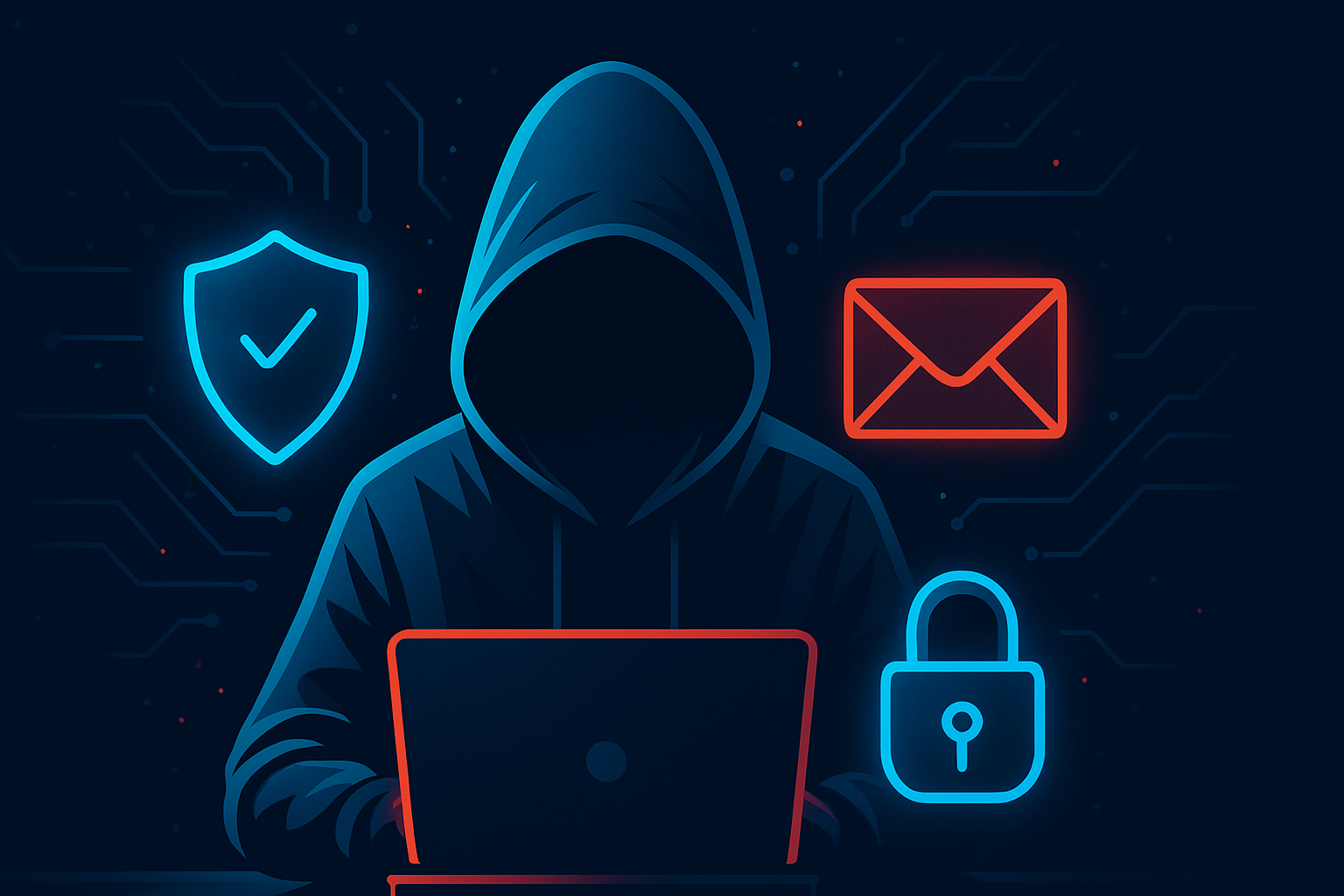

How to Stay Anonymous Online: Temp Mail, VPNs and Encryption
Online privacy is becoming harder to maintain. Between trackers, advertisers, data breaches, and hackers, your personal information is constantly at risk. For crypto users, traders, and anyone who values digital privacy, staying anonymous online is essential. In this guide, we’ll explore practical steps you can take to protect your identity, from using temp mail services to securing your connection with VPNs and encryption.
Why Online Anonymity Matters
Every time you browse, sign up for a service, or enter your email, data about you is collected. This information can be sold, leaked, or exploited. A single data breach can expose your email address, passwords, and even financial details. Staying anonymous is not about hiding, it’s about controlling what information you share and with whom.
Step 1: Use Temp Mail to Protect Your Inbox
One of the easiest ways to stay anonymous online is to use temp mail. Disposable email addresses allow you to sign up for services, trials, newsletters, or forums without giving away your real inbox.
Services like LikeMail go further by offering temp mail powered by aged, trusted domains. Unlike random junk domains that quickly get blacklisted, LikeMail provides reliable disposable emails that reduce the risk of rejection when registering on websites and apps.
Temp mail protects you from:
Spam and unwanted ads
Phishing attempts through exposed email addresses
Data breaches that target your permanent inbox
Clutter that makes it harder to spot real messages
Step 2: Encrypt Your Connection with a VPN
Your IP address reveals your location and can be used to track your activity across websites. A Virtual Private Network (VPN) encrypts your internet connection, masks your IP address, and makes your browsing more private.
Benefits of using a VPN:
Prevents tracking from ISPs and advertisers
Protects against man-in-the-middle attacks on public Wi-Fi
Allows access to geo-restricted content
Adds a layer of anonymity when combined with temp mail and secure browsers
Step 3: Secure Your Communication with Encryption
Email and messaging services without encryption are vulnerable to interception. End-to-end encryption ensures that only the sender and recipient can read the content.
Examples of encrypted tools:
Encrypted email providers like ProtonMail or Tutanota for sensitive conversations
Encrypted messaging apps such as Signal or Threema
PGP or GPG encryption for advanced users who want maximum email security
Step 4: Combine Tools for Maximum Privacy
No single tool is enough to guarantee anonymity. The best strategy is to layer your defenses:
Use temp mail for sign-ups and disposable communication
Browse with a VPN to mask your location and encrypt traffic
Choose end-to-end encryption for sensitive emails and chats
Avoid reusing personal information across different accounts
By combining these methods, you reduce the amount of data tied back to your real identity and make it much harder for attackers, marketers, or snoopers to profile you.
Conclusion
Staying anonymous online requires a proactive approach. Whether you’re a crypto trader, privacy enthusiast, or simply someone who wants to cut down on spam, tools like temp mail from LikeMail, VPNs, and encryption give you control over your digital footprint. Protecting your privacy today means protecting your security tomorrow.







